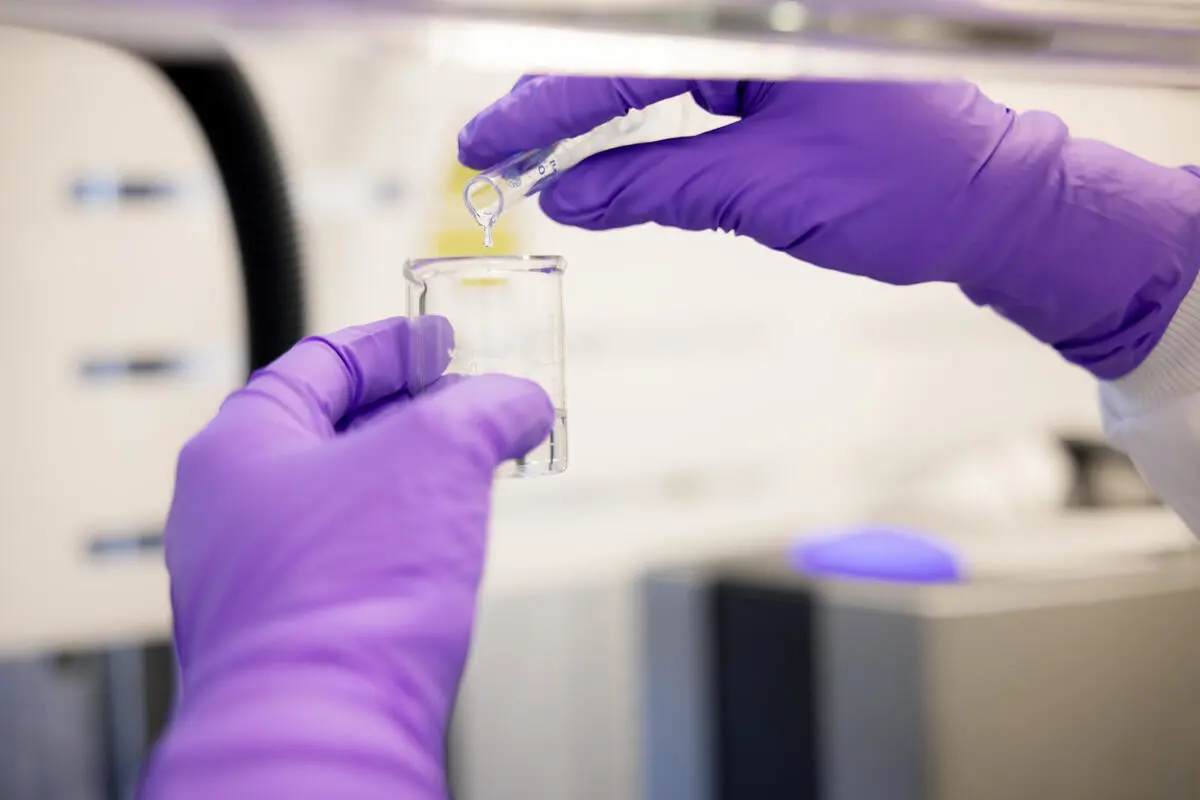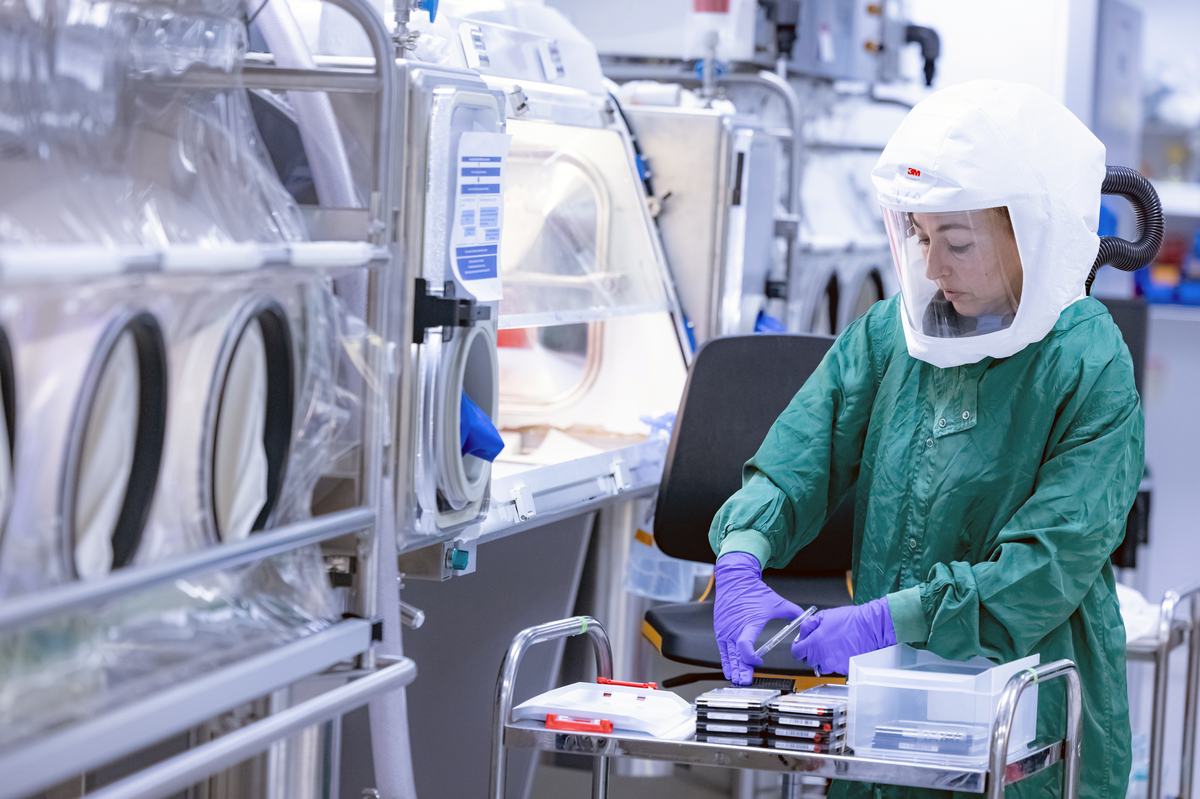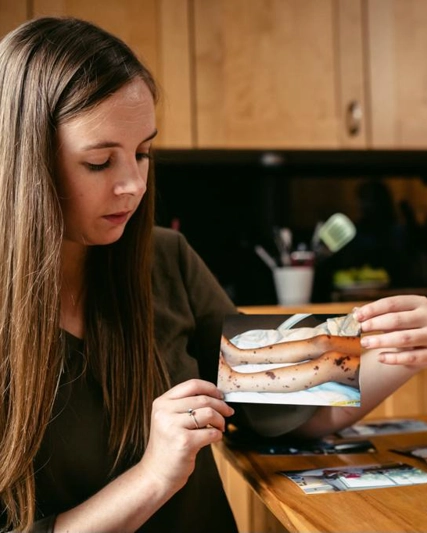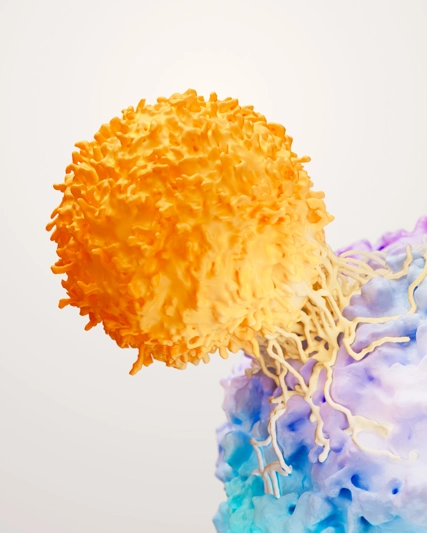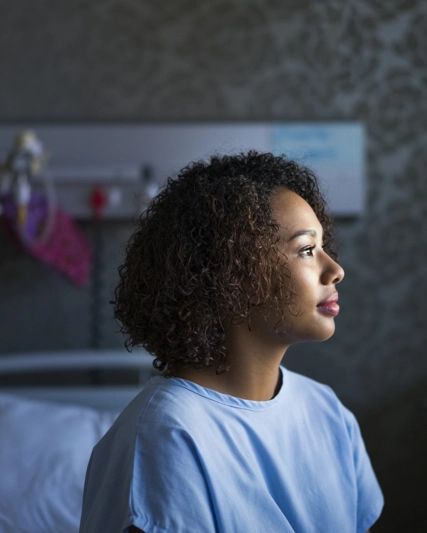LeAnn, 39, suffers from chronic urinary tract infections. Here, she describes what it feels like for her personally to experience a UTI, the measures she takes to cut down her own risk and why she advocates for more personalised care.
What LeAnn describes is her own experience and personal view. Other patients may have different experiences. It is important to speak to a healthcare professional if you experience a UTI to discuss management and the measures you can take to cut down your risks.
I cannot remember a time before I got urinary tract infections.
Some of my earliest childhood memories are of a burning pain between my legs after having a bubble bath or spending a day at the beach. Since then, the number of possible causes has multiplied: stress, spicy food, dehydration, other illnesses and intimacy with my partner can all bring on a UTI for me.
Some people in my life have implied that I must have poor personal hygiene or be promiscuous to have had so many infections – both common misconceptions that make it difficult for people like me to share our experiences. The truth is that some people are just much more susceptible to UTIs than others.
Many people don’t realise that UTIs are one of the most frequent clinical bacterial infections in women, and over half of all women are affected by an uncomplicated UTI in their lifetime – about 30% of them suffering from a recurrent episode.
It’s hard to explain the pain of a UTI to people who’ve never had one. It causes constant, excruciating burning feeling. While they work for some other patients, the usual painkillers don’t quell the agony for me, so I’ve just got to bear it.
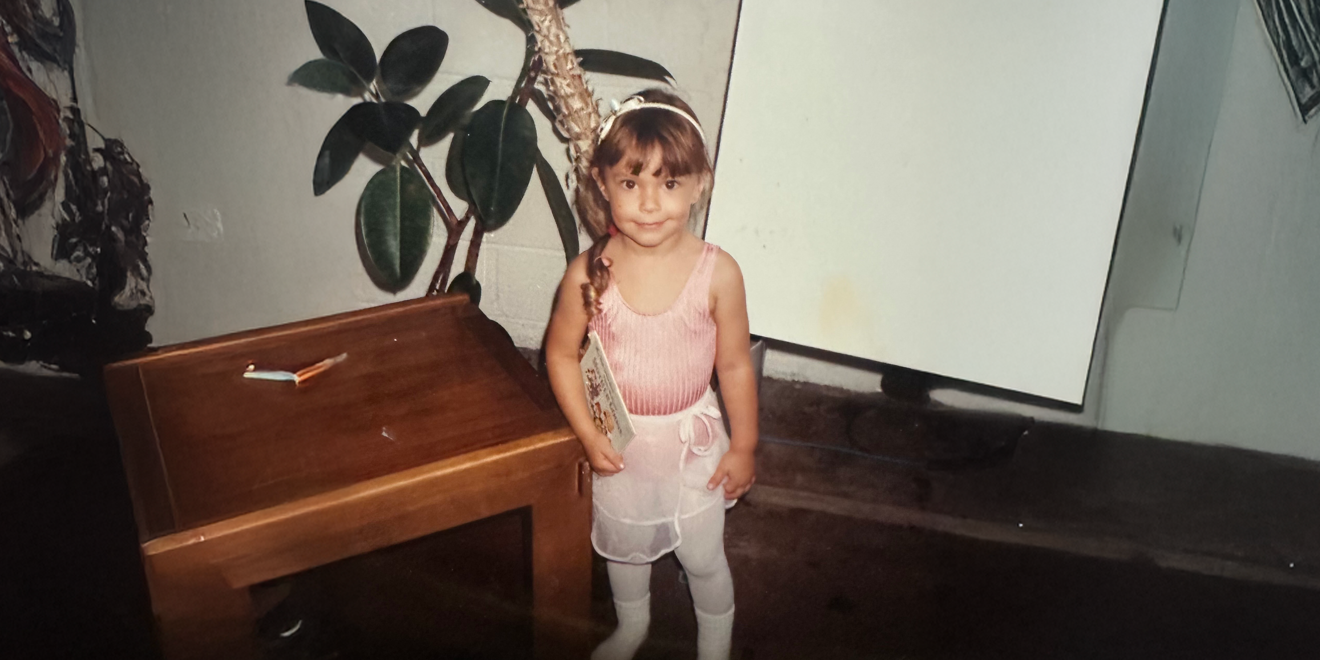
The ever-present threat of contracting a UTI means that my daily routine is ruled by measures to reduce my risk. People think that I’m a health nut because I drink such a huge quantity of water, when really, it’s me trying to keep my bladder flushed out of bacteria. I also take daily supplements and brew my own yoghurt containing a probiotic mix, in an attempt to build up my natural defences.
Some of these daily habits take a toll on other aspects of my health. I have sometimes had brain fog from the amount of water I drink.
It also effects other areas of my life, particularly romantic relationships. In the past, I had partners who have accused me of using UTIs as an excuse to avoid intimacy. There have been times where I’ve considered being celibate because I’d rather not have to continuously weigh up the benefits of intimacy with the risk of contracting a UTI.
It has impacted my professional life too. Once, I got a UTI only four days into a new role. I had to take day five off and I worried about how that would look to my new bosses. The amount of water I drink means I need to go to the bathroom a lot. I used to restrict my water intake on days when I had long meetings because I was too embarrassed to tell people why I had to go so frequently.
The worst times are when my UTI doesn’t respond to the first course of antibiotics and I’ve had to try a different one to deal with it. Then I must endure days of pain until I can get a follow-up prescription.
It often feels like healthcare professionals don’t understand what it feels like to have a UTI or how intense the pain can be. Although I’m getting the medicine I need, I sometimes don’t feel cared for in a holistic way. I’d appreciate a more proactive and personalised approach to my care and more information about the underlying causes of my UTIs.
Generally though I am so frustrated by UTIs, I refuse to let them stop me doing the things I love. I've just tried to get better at adjusting to the pain when it does happen. Every time I get one, I tell myself that the day after I recover will be one of the best days of my life, because then I will be very aware of being in my body and not in terrible pain.

